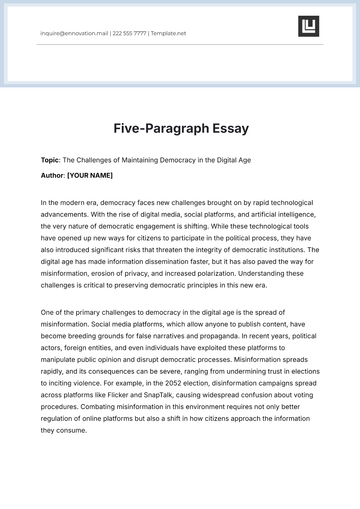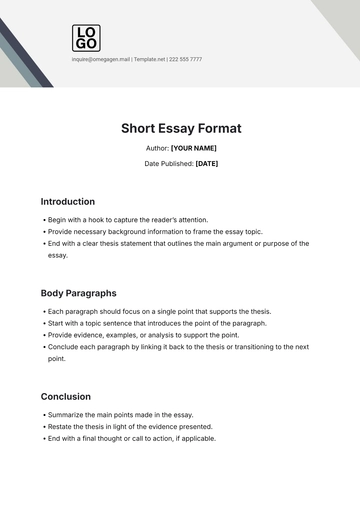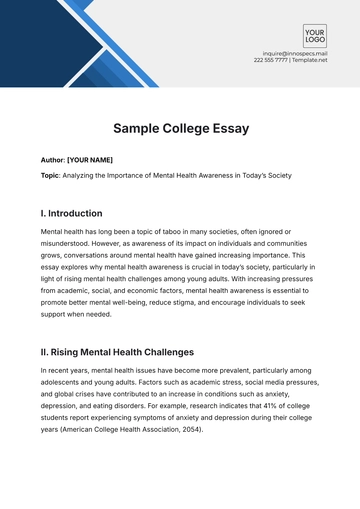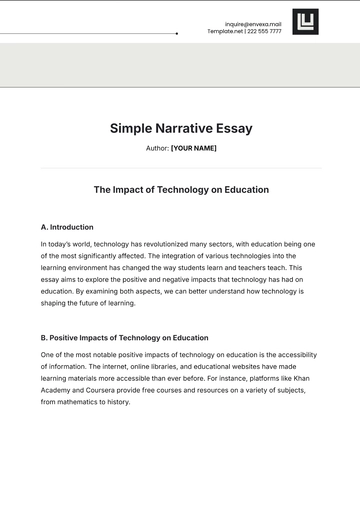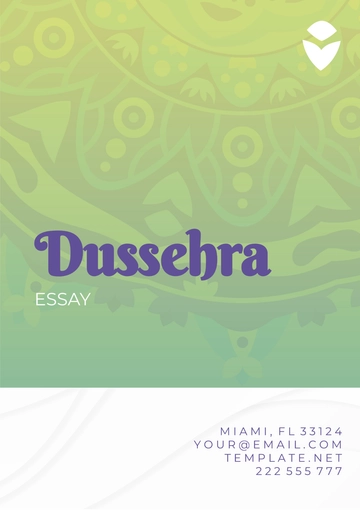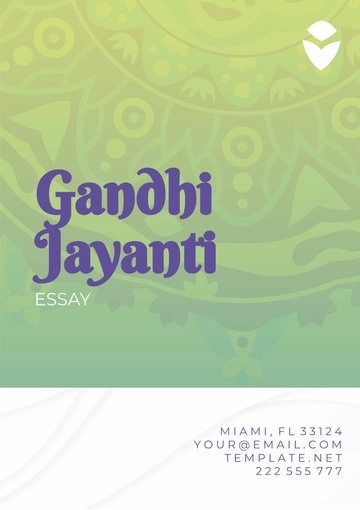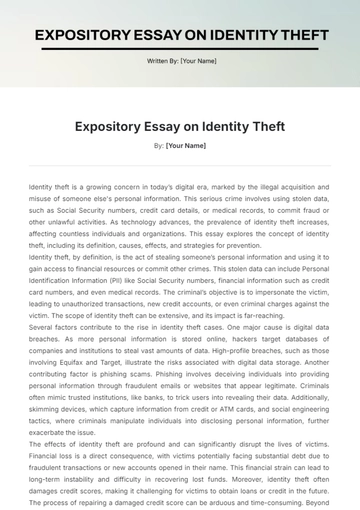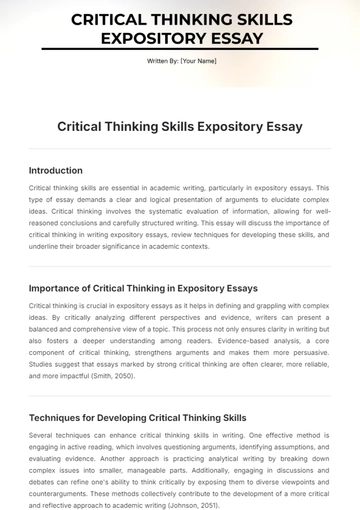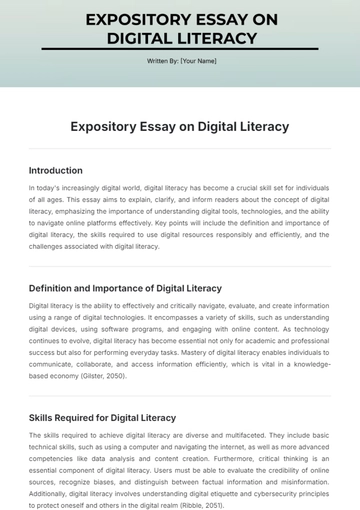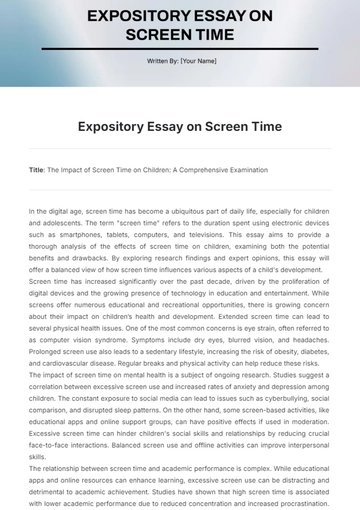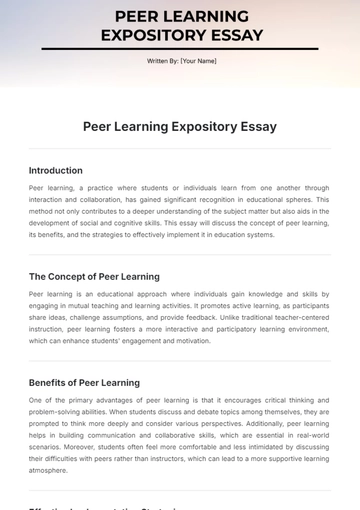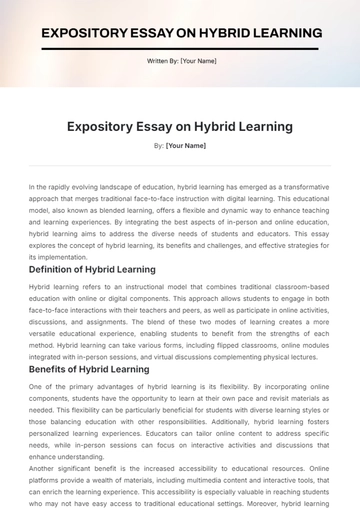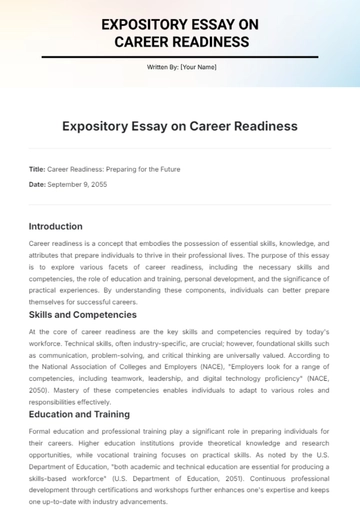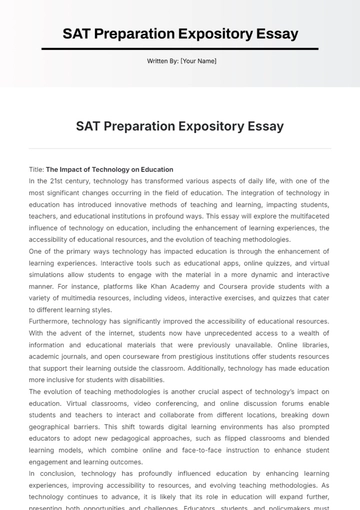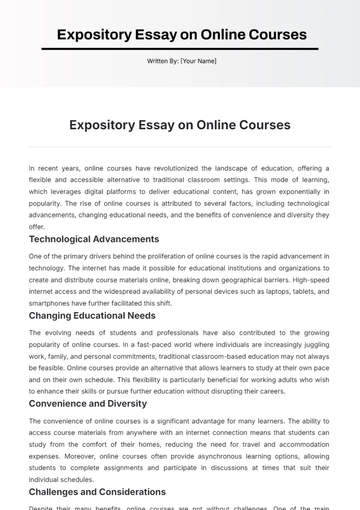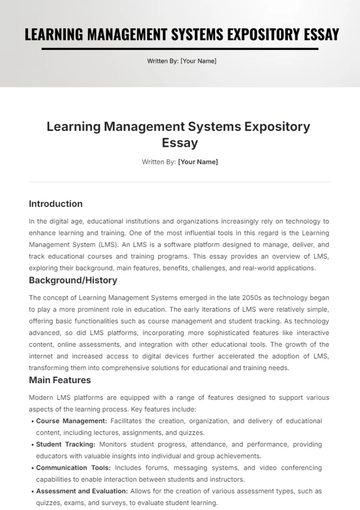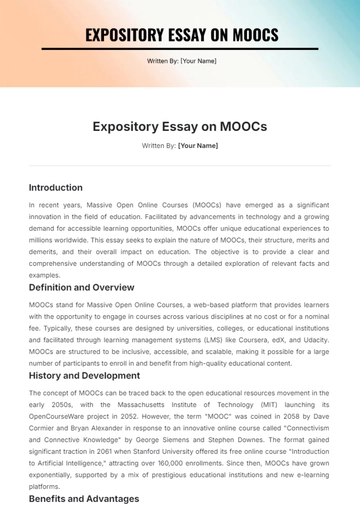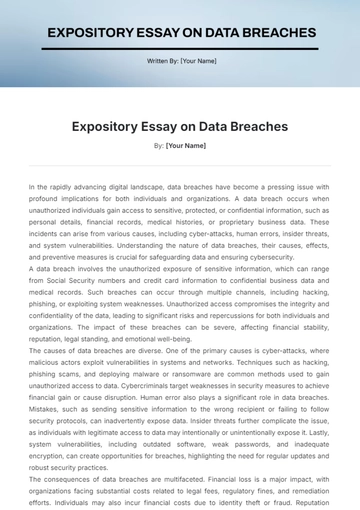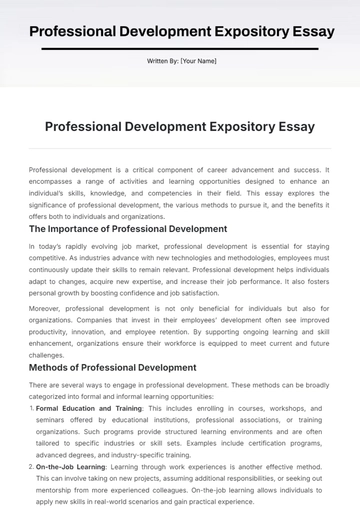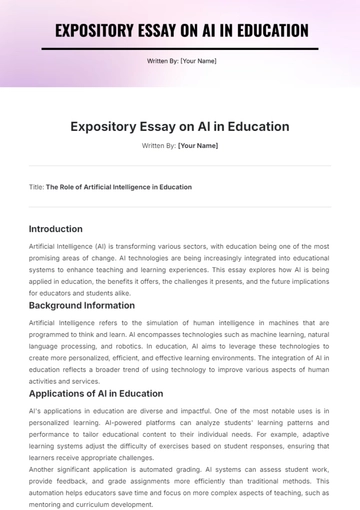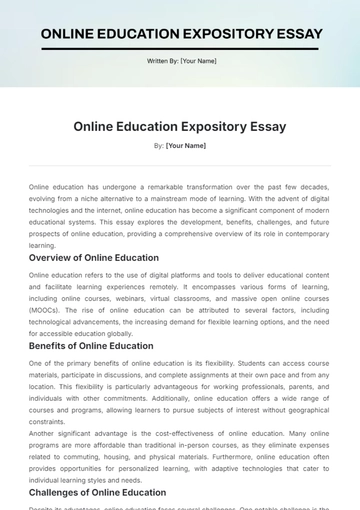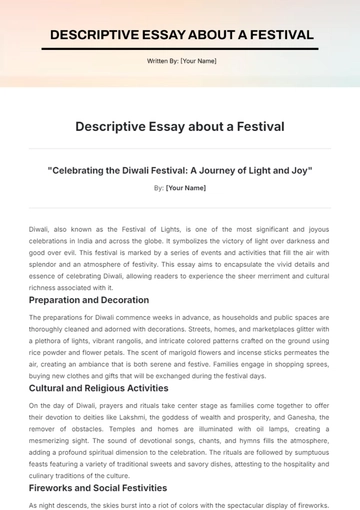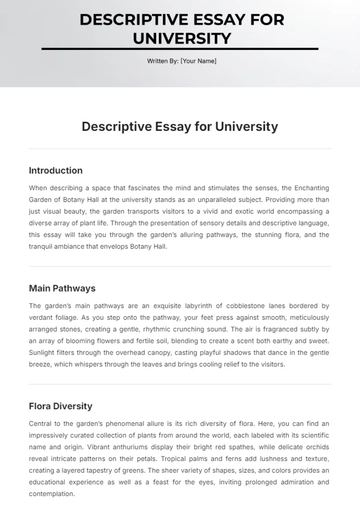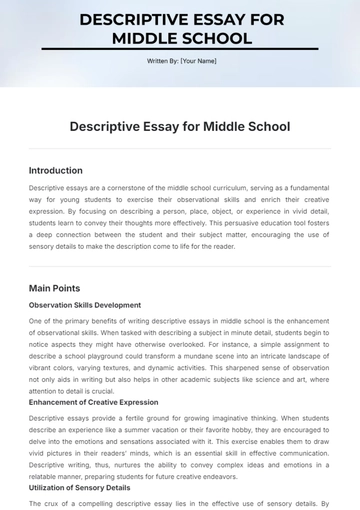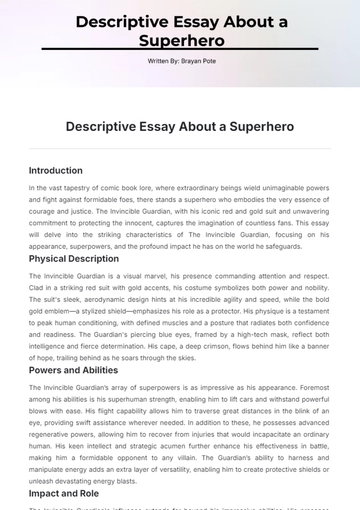Free World Tourism Day Essay
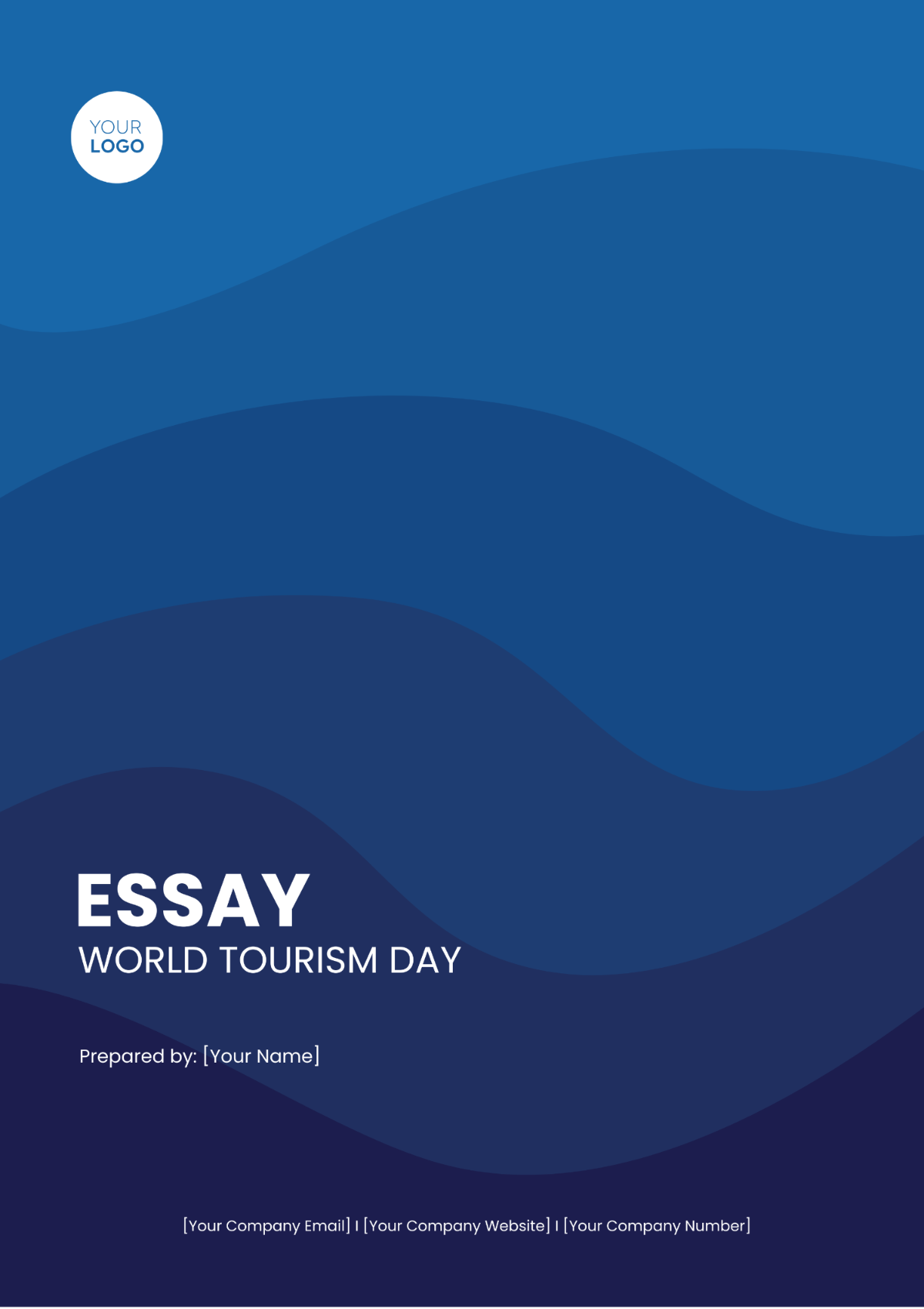
World Tourism Day, celebrated every year on September 27, is more than a simple acknowledgment of travel’s importance; it is a call to recognize the profound impact tourism has on global development. The annual celebration, first initiated by the United Nations World Tourism Organization (UNWTO) in 1980, emphasizes the economic, cultural, and environmental significance of tourism. In today’s world, the argument for sustainable tourism is stronger than ever, as it not only fuels economic growth but also promotes environmental preservation and cultural understanding.
Economic Impact of Tourism
Tourism is a vital part of the global economy, contributing over 10% to the world’s GDP and generating millions of jobs. According to the UNWTO, more than 1.4 billion international tourist arrivals were recorded in 2023, demonstrating the growing demand for travel and exploration. In developing nations, tourism often represents a significant source of revenue, helping to lift communities out of poverty. Countries like Thailand and Kenya, for example, rely heavily on tourism as a means to support local economies, create jobs, and improve infrastructure.
However, the benefits of tourism extend far beyond the numbers. It fosters cultural exchange, allowing people from different backgrounds to connect, share experiences, and build bridges of understanding. In a globalized world, where polarization and cultural misunderstandings often lead to conflict, tourism plays a key role in promoting peace and cooperation.
The Need for Sustainable Tourism
Despite these benefits, tourism can have significant negative consequences, particularly on the environment. Popular destinations, such as Venice, have suffered from over-tourism, with fragile ecosystems and cultural landmarks threatened by the sheer number of visitors. This has led to a growing emphasis on sustainable tourism — a concept that promotes responsible travel practices that minimize environmental damage while benefiting local communities.
The UNWTO’s theme for World Tourism Day 2024—"Tourism and Green Investments"—highlights the urgent need for sustainable development in the travel industry. Investing in eco-friendly infrastructure, such as renewable energy, sustainable hotels, and waste management systems, can mitigate the environmental impact of tourism. Furthermore, travelers are encouraged to choose destinations and activities that prioritize conservation, such as visiting national parks or supporting community-based tourism initiatives that give back to local economies.
Social and Cultural Benefits
In addition to its economic and environmental significance, tourism has a profound social and cultural impact. By visiting new places, tourists engage with local customs, traditions, and histories, helping to preserve cultural heritage. Responsible tourism initiatives in places like Cambodia’s Angkor Wat or Peru’s Machu Picchu are designed to protect these sites while educating visitors on their historical importance.
Moreover, tourism can empower marginalized communities. For instance, indigenous tourism initiatives in places like New Zealand and Canada have given indigenous populations a platform to share their cultural heritage with the world, fostering respect and understanding while providing economic opportunities.
Conclusion
As World Tourism Day reminds us, tourism is an engine for global development, driving economic growth, cultural exchange, and environmental awareness. However, this growth must be balanced with sustainable practices to ensure that the benefits of tourism are felt for generations to come. The future of travel lies in responsible tourism, where economic gain and environmental stewardship go hand in hand. By investing in green tourism, we can ensure that tourism remains a force for good, fostering global unity, cultural preservation, and sustainable development.
- 100% Customizable, free editor
- Access 1 Million+ Templates, photo’s & graphics
- Download or share as a template
- Click and replace photos, graphics, text, backgrounds
- Resize, crop, AI write & more
- Access advanced editor
Craft a compelling essay with this fully customizable World Tourism Day Essay Template from Template.net. Editable in our AI Editor tool, this template allows you to personalize every section, making it easy to organize thoughts and ideas. Whether for school, work, or personal use, this editable template will help you create an essay that stands out and engages readers.

